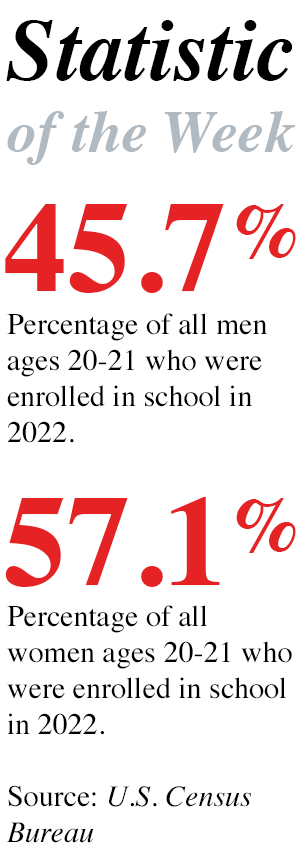Does Free Birth Control Lead to Risky Sexual Behavior Among Low-Income Women?
Posted on Mar 27, 2014 | Comments 0
 A new study by researchers at the Washington University School of Medicine has dispelled the myth that women who are given free birth control are more likely to have sex with multiple partners. Gina Secura, the first author on the study and an epidemiologist in the department of obstetrics and gynecology at Washington University, stated that “having multiple partners is a known risk factor for unintended pregnancies and sexually transmitted infections.”
A new study by researchers at the Washington University School of Medicine has dispelled the myth that women who are given free birth control are more likely to have sex with multiple partners. Gina Secura, the first author on the study and an epidemiologist in the department of obstetrics and gynecology at Washington University, stated that “having multiple partners is a known risk factor for unintended pregnancies and sexually transmitted infections.”
The study examined more than 9,000 women in St. Louis who were at high risk for unintended pregnancies. Many of the women had low incomes, 35 percent were on welfare, and 62 percent had an earlier unintended pregnancy. The women were counseled on effective birth control methods and were given several options. All of the women were given their birth control of choice at no cost.
The women were then surveyed six months later and a year after first being provided free birth control. The results showed that at the beginning of the study, 5.2 percent of the participants reported more than one sexual partner in the previous 30 days. At six months, only 3.5 percent reported more than one partner and the percentage declined further one year after the study began. Only 16 percent of the participants reported an increase in the number of sexual partners after receiving free birth control and of these 80 percent reported having one sexual partner, when previously they had none.
Dr. Secura notes that “if sexual behavior was going to change after women received free contraception, you would expect to see this change soon after they got the birth control.”
Dr. Secura is a graduate of the University of California at Santa Barbara. She holds a master of public health degree and a Ph.D. in public health studies from Saint Louis University.
The study, “Change in Sexual Behavior With Provision of No-Cost Contraception,” was published on the website of the journal Obstetrics and Gynecology. It may be accessed here.
Filed Under: Research/Study








